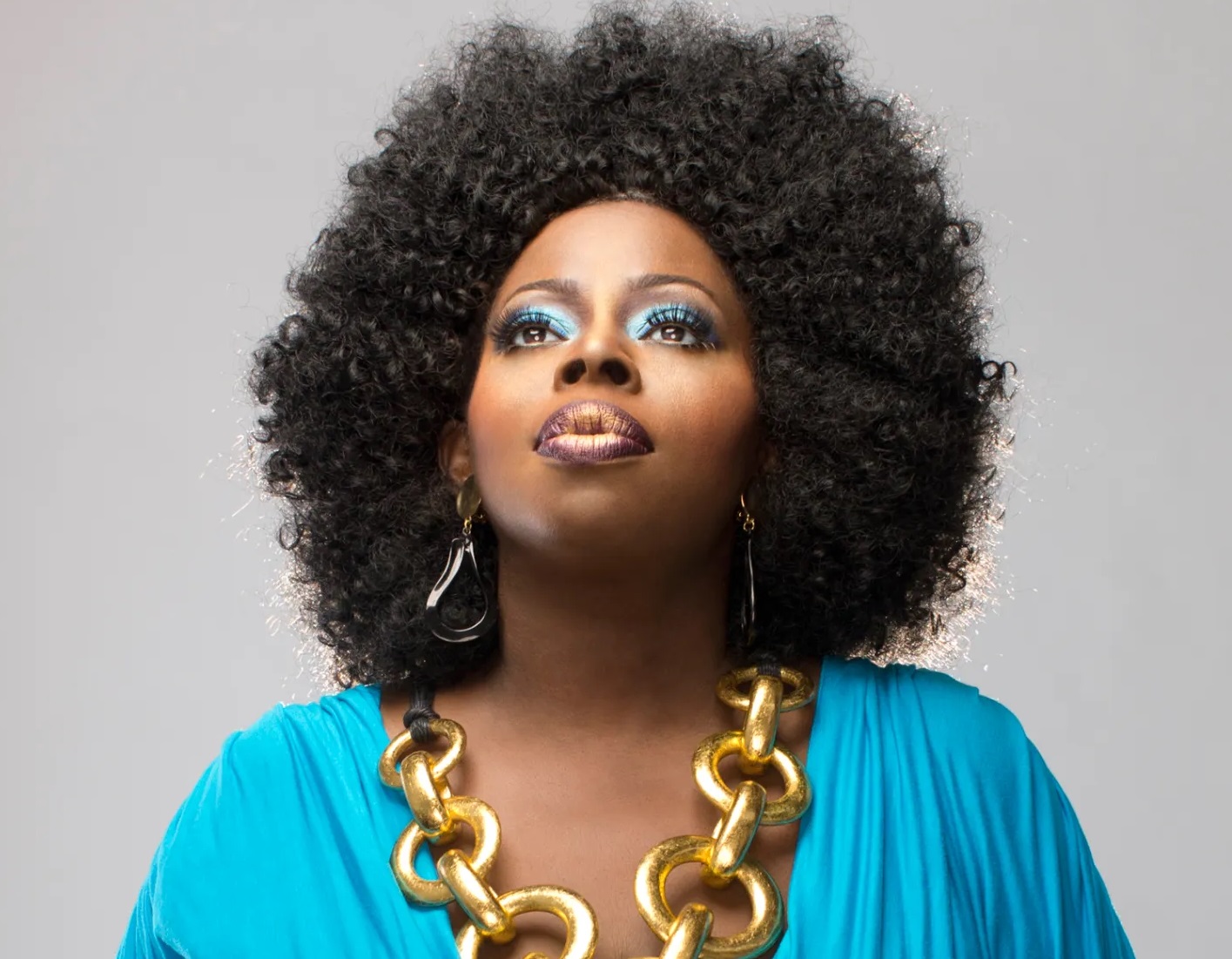Kanye West, now legally known as Ye, has once again sparked global outrage with his latest venture under the Yeezy brand. The release of a T-shirt featuring a black swastika, prominently displayed on his newly revamped website, yeezy.com, has ignited fierce debate and widespread condemnation. This move is the latest in a series of controversial actions by the rapper-turned-fashion-mogul, further complicating his relationship with fans, collaborators, and the broader fashion industry.
The T-shirt, labeled “HH-01,” is the only item currently available on Yeezy’s official online store. Priced at an accessible $20, the product is being marketed as part of Ye’s vision to make fashion affordable to everyone. The low cost, however, has not mitigated the backlash, especially given the highly offensive symbol emblazoned on the shirt. Organizations like the Anti-Defamation League (ADL) have strongly criticized the product, calling it a clear promotion of antisemitism.
In a bold marketing move, Ye aired a low-budget commercial during the Super Bowl, shot on his iPhone, directing viewers to visit yeezy.com. This ad was as minimalistic as the website itself, focusing solely on the controversial T-shirt. On the site, customers are greeted with images of the HH-01 T-shirt and given the option to choose from sizes labeled 1, 2, or 3. A clear disclaimer states that all sales are final, citing the low price as the reason for the strict no-return policy.
This is not the first time Ye has found himself embroiled in controversy. In 2022, his collaborations with major brands such as Adidas and Gap were terminated following his string of antisemitic remarks. Since then, he has pursued independent projects under the Yeezy brand, appointing Russian designer Gosha Rubchinskiy as Head of Design in late 2023. The brand’s recent releases, including the YZY PODS—a sock-shoe hybrid initially priced at $200 but later reduced to $20—were aimed at making high fashion more accessible to the masses.
Despite the affordable pricing strategy, the current focus on the swastika-emblazoned shirt has cast a long shadow over these efforts. The use of such a potent hate symbol has sparked heated debates about the boundaries of artistic expression and the responsibilities of public figures. For many, this move is a step too far, blurring the lines between provocation and outright hate speech.
The Yeezy brand’s future remains uncertain. While some still admire Ye’s disruptive approach to fashion, others are questioning whether the brand can survive such a significant reputational hit. The association with antisemitic symbolism may have long-lasting repercussions for Yeezy, potentially alienating even the most loyal supporters.
As the situation continues to unfold, the fashion world is left grappling with difficult questions about the role of art, the limits of free expression, and the power of symbols in shaping cultural narratives. The impact of Ye’s recent actions will undoubtedly reverberate for years to come, leaving a lasting mark not only on his personal brand but also on the broader conversation about ethics in fashion and celebrity influence.
Observers and consumers alike are watching closely. Will Yeezy pivot toward redemption, or has the brand crossed a line from which there is no return? Only time will tell.
Let me know if you want this adjusted to be more neutral, informative, or tailored for a specific audience.





